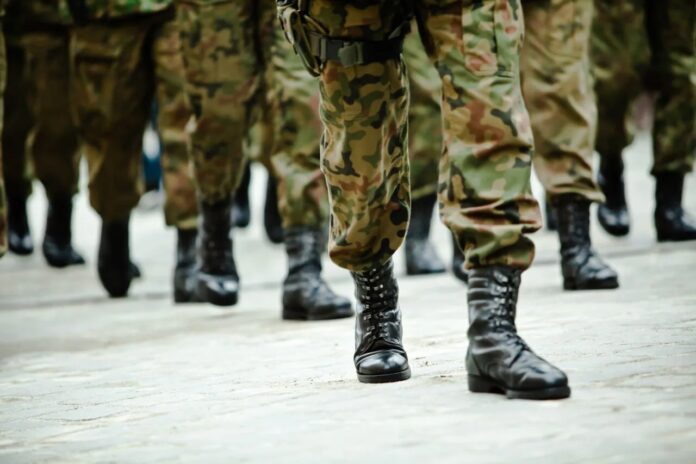U.S. District Judge Leonie Brinkema ruled that U.S. military service members can no longer be discharged. In addition, they cannot be stopped from becoming an officer due to an HIV-positive status. This is one of the strongest rulings for people living with the virus. The Air Force attempted to discharge two service members for their status. As well as Sgt. Nick Harrison of the U.S. Army National Guard was denied a position in the JAG Corps.
On April 6th, Brinkema said that her ruling bars the U.S. military from taking action against the plaintiffs. The ruling applies to other asymptomatic HIV-positive service members who possess an undetectable viral load. Brinkema included them “because they are classified as ineligible for worldwide deployment…due to their HIV-positive status.”
Peter Perkowski, the attorney for the plaintiffs, called it “a landmark victory — probably the biggest ruling in favor of people living with HIV in the last 20 years.” “The military was the last employer in the country that had a policy against people living with HIV. He said that every other employer — including first responders — is subject to rules that prohibit discrimination based on HIV status,” he said. As of now the Department of Defense hasn’t responded to the ruling or whether it intends to appeal.
A Change for HIV-Positive Service Members
In 2018, the airmen argued that due to the advancement in HIV treatment, they could receive appropriate medical care and present no risk of transmission to others. Back in 2020, the Richmond-based 4th U.S. Circuit Court of Appeals upheld a preliminary injunction barring the discharge of the airmen. The judging panel stated the military’s decision to prohibit the deployment of HIV-positive service members was “outmoded and at odds with current science.”
The DOJ argued that the airmen could no longer perform their job duties due to constant deployment. And their condition prevented them from deploying to the U.S. Central Command’s area of responsibility. Central Command governs military operations in the Middle East, North Africa, and Central Asia. Unfortunately, these areas prohibit service members with HIV from deploying without a waiver. The DOJ acknowledged that treatment lowers the risk of transmission. However, they believe it is still a risk on the battlefield. The airmen’s attorney countered that the odds of transmitting the virus during combat are improbable. Therefore, their status should not limit their opportunity for deployment or discharge.
An End of An Era
The 4th Circuit panel claimed a ban on deployment might have been justified when the management of the virus was less effective, and the risk of transmission was high. “But any understanding of HIV that could justify this ban is outmoded and at odds with current science. Such obsolete understandings cannot justify a ban, even under a deferential standard of review and even according to appropriate deference to the military’s professional judgments,” Judge James Wynn Jr. wrote in the unanimous 2020 ruling.
Judge Brinkema temporarily sealed her ruling to give both parties 14 days to seek redactions. Furthermore, she ordered the decision to discharge the airmen and the denial of Harrison’s application to be overturned. This decision officially ends the military’s ongoing discrimination against 2000 service members living with HIV.






